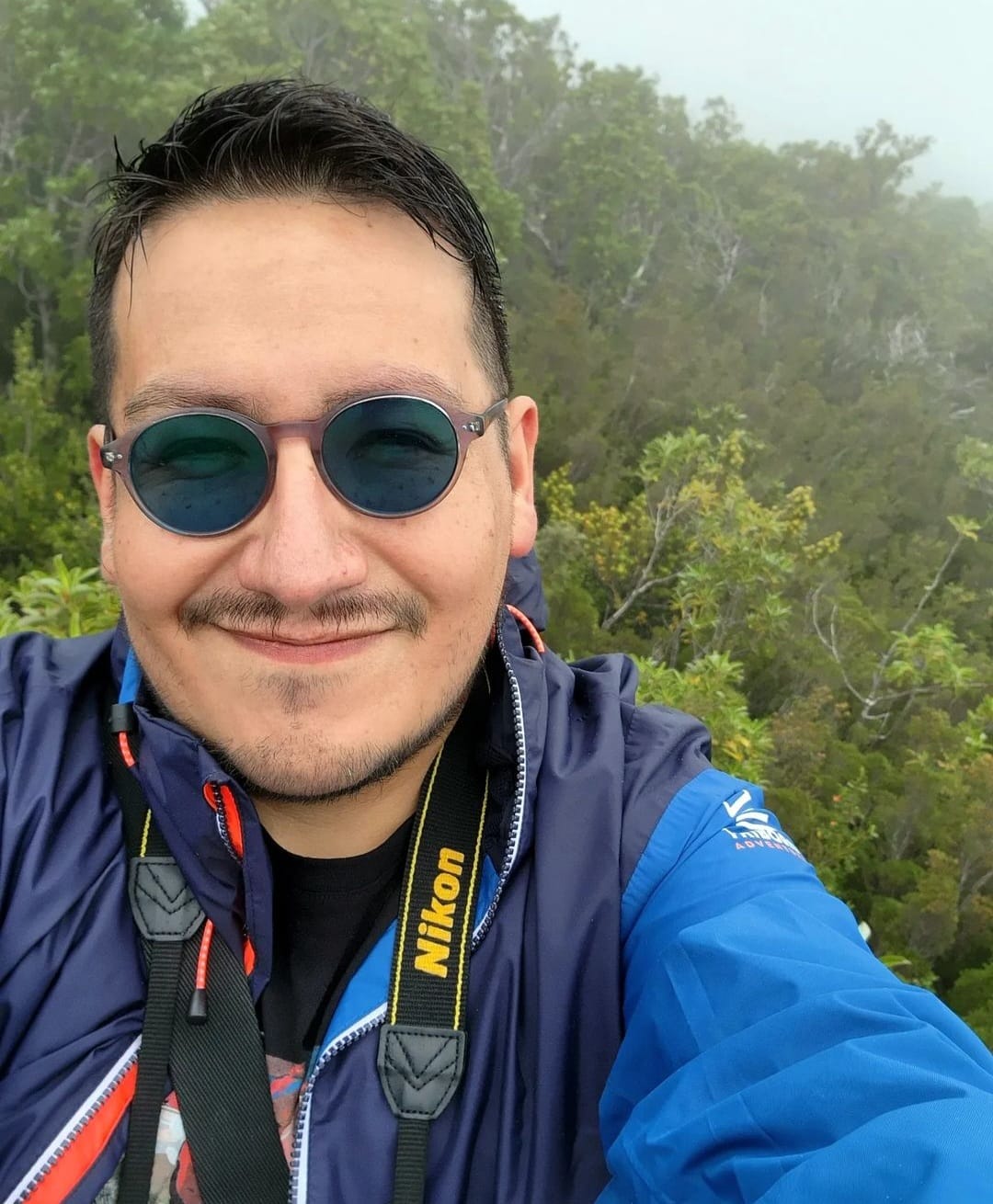Student-Designed STEAM Solutions for Sustainable and Affordable Energy in Social Housing
,
Colorado Convention Center, Bluebird Ballroom Lobby, Table 19
Presenters




Session description
Purpose & objective
Objects and purpose:
The objective of our presentation, "Student-Designed STEAM Solutions for Sustainable and Affordable Energy in Chile Social Housing," is to engage students in research, design, and prototyping for a sustainable and inexpensive energy solution for Chilean social housing.
Participants' Learning Outcomes: Students will develop a thorough grasp of how to use STEAM methodologies—Science, Technology, Engineering, Arts, and Mathematics—into the IB Middle Years Programme (MYP) to tackle contemporary issues.
The study, planning, and implementation of sustainable energy solutions particular to the demands of Chilean social housing will be taught to students.
Students will learn how to build and prototype energy-efficient solutions utilizing cutting-edge technology tools like Arduino.
The value of student-led efforts in resolving pressing global issues will be understood by students.
Educational Challenge: Our presentation deals with the pressing problem of sustainable and reasonably priced energy in Chilean social housing while addressing the educational challenge of cultivating critical thinking, problem-solving, and STEAM abilities among students. This difficulty highlights the demand for cutting-edge pedagogical strategies that enable students to significantly contribute to fixing real-world problems.
Technology Inclusion: We use a range of digital tools and technology, such as:
Arduino is a flexible platform for the creation of energy-related products and the collection of real-time data.
software for modeling and design using computer-aided design (CAD).
tools for analyzing data to assess trends of energy consumption.
platforms for education that facilitate group project management and research among students.
We use the IB MYP curriculum as a paradigm for interdisciplinary STEAM education in our presentation. We also use a model of problem-based learning.
Iterative prototyping, design thinking, and project-based learning are prioritized.
Plans for the lessons and instructional activities/strategies: We employ inquiry-based learning activities that push students to investigate real-world energy issues and put forth creative fixes. We use the inquiry cycle to generate solutions through prototypes, which we then evaluate in terms of their consequences.
Evidence of Success: From earlier implementations of our curriculum, we will present case studies and examples of student-led projects. To demonstrate the beneficial effects of our strategy, we will provide testimonies and feedback from both students and instructors. We will also provide statistics showing improved STEAM skill development and raised student knowledge of sustainability issues as proof of our accomplishment.
Outline
1. Introduction (5 minutes): We kick things off with a succinct overview of the project's goals. Declare the importance of sustainable energy in Chilean social housing before introducing the speakers.
2. STEAM and Project approach (10 minutes): In this section, we go into great length on the STEAM approach (Science, Technology, Engineering, Arts, and Mathematics) and how it is used in the project. We give specific examples of how students use STEAM to tackle energy-related issues.
3. Inquiry and Design (10 minutes): To comprehend the energy requirements in social housing, we delve into the students' research and inquiry processes.
4. Prototyping and Development (10 minutes): This section examines how students turn concepts for energy solutions into working prototypes, emphasizing the use of instruments like Arduino for data collecting and design. We provide illustrations of student-developed prototypes.
5. Results and Reflection (5 minutes): Here, we present case studies and illustrations of earlier student-led projects. We examine the outcomes and their beneficial effects on STEAM competencies and sustainability awareness.
6. Discussion (5 minutes) and Questions Open to audience questions and discussion.
Supporting research
ODS
https://www.un.org/sustainabledevelopment/es/energy/
MYP
https://www.ibo.org/programmes/middle-years-programme/curriculum/interdisciplinary/
STEAM
https://augustozubiaga.com/web/wp-content/uploads/2014/11/STEM-TO-STEAM.pdf
Arduino
https://www.arduino.cc/
Energy and environmental assessment of the chilean social housing: Effect of insulation materials and climates
https://www.sciencedirect.com/science/article/abs/pii/S095965262300392X
Manual
https://old.acee.cl/576/articles-61341_doc_pdf.pdf
Gobierno
https://www.energia.gob.cl/sites/default/files/documentos/informe_final_caracterizacion_residencial_2018.pdf
Session specifications
Tablet: iOS
Knowledge Constructor
- Students build knowledge by actively exploring real-world issues and problems, developing ideas and theories and pursuing answers and solutions.
- Students know and use a deliberate design process for generating ideas, testing theories, creating innovative artifacts or solving authentic problems.
- Students collect data or identify relevant data sets, use digital tools to analyze them, and represent data in various ways to facilitate problem-solving and decision-making.
 Return
Return Participate and share: Poster
Participate and share: Poster  Trips and Tours
Trips and Tours